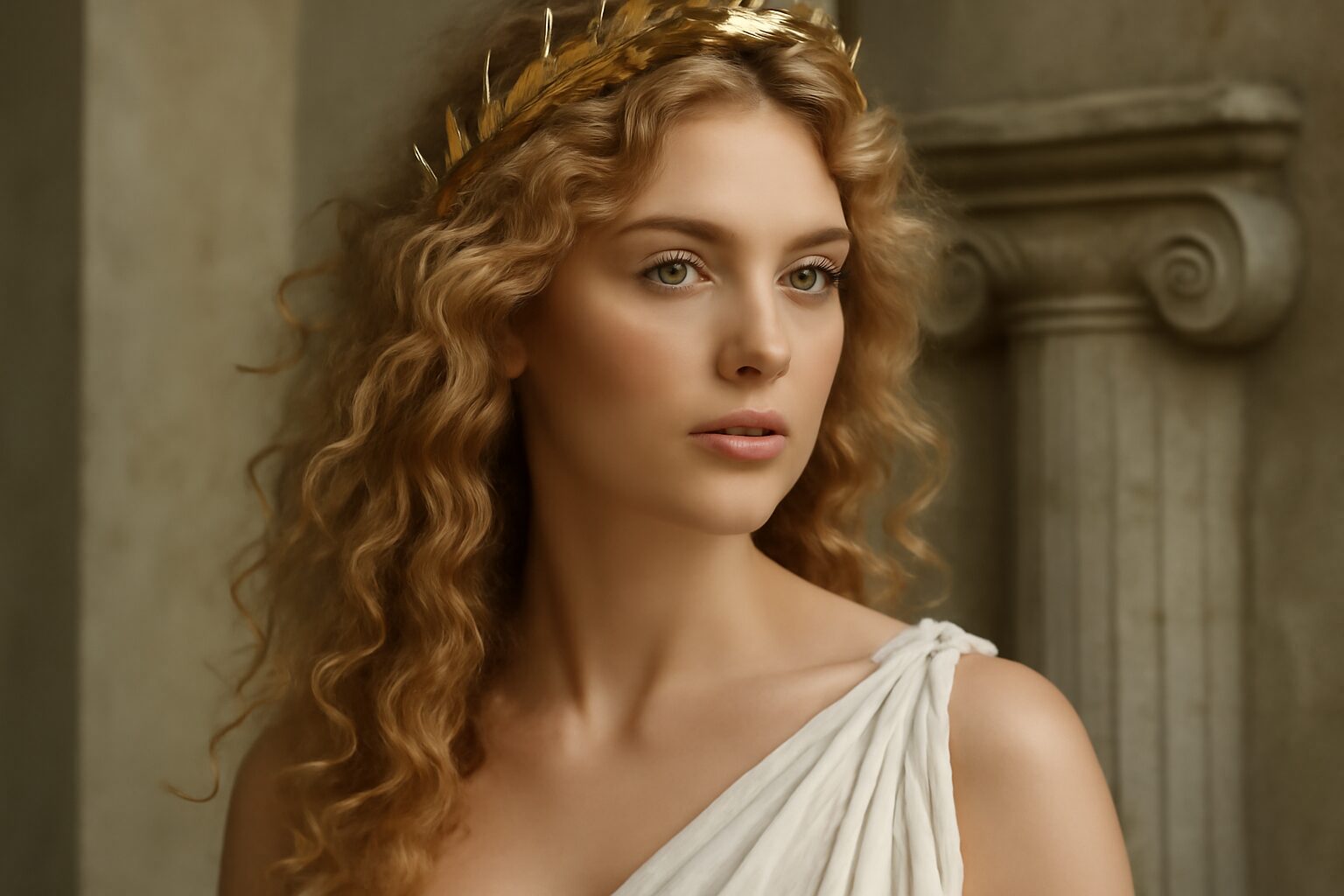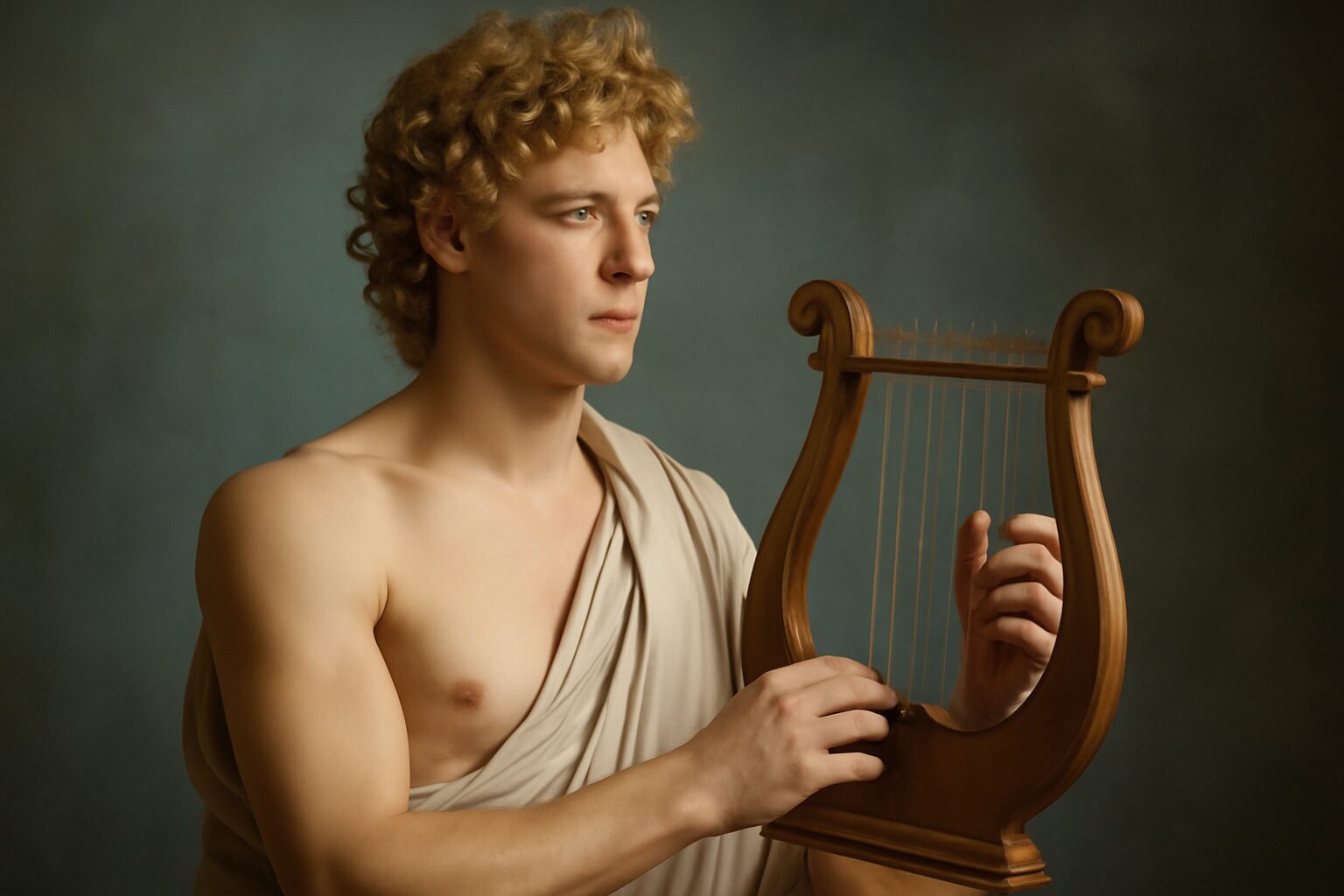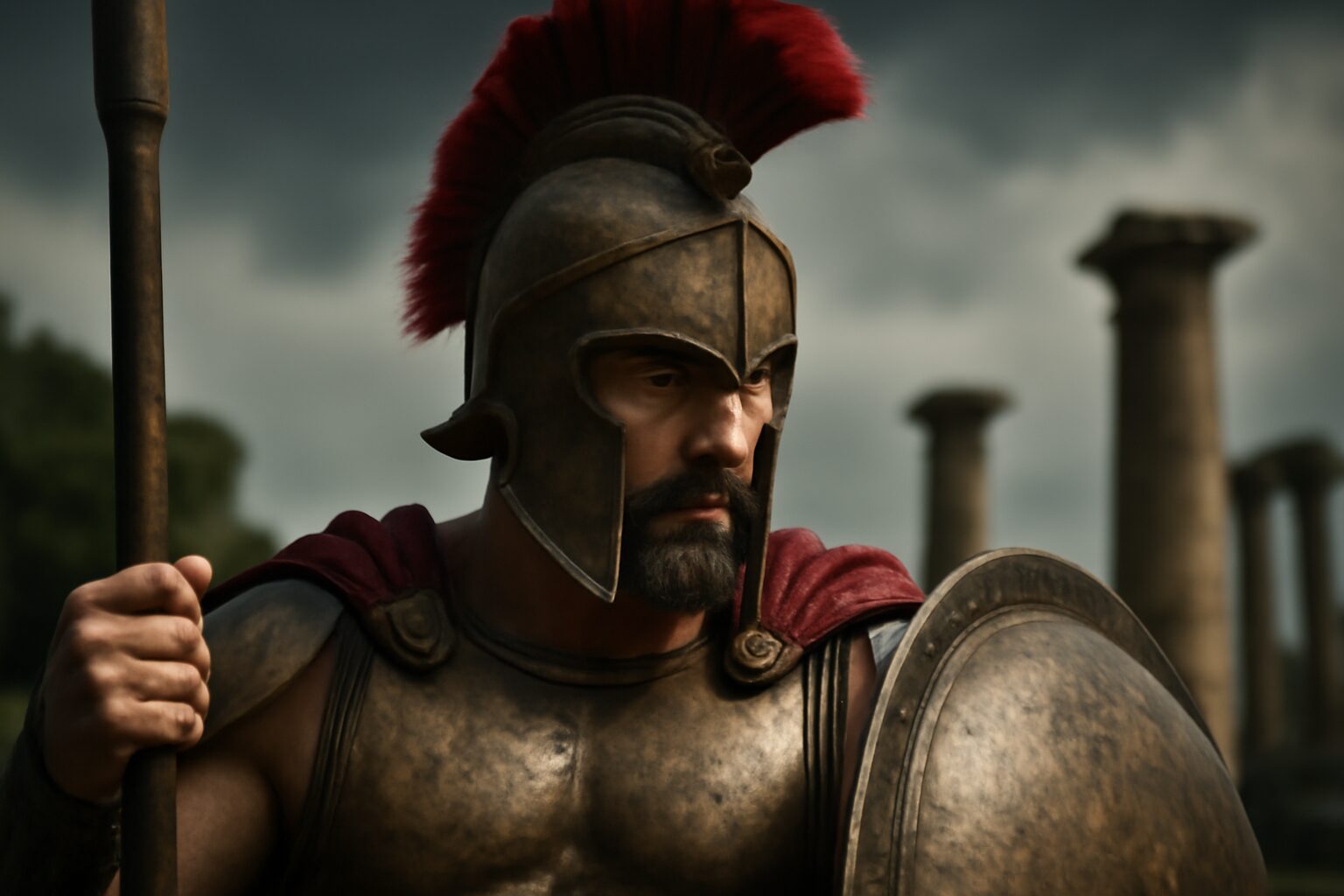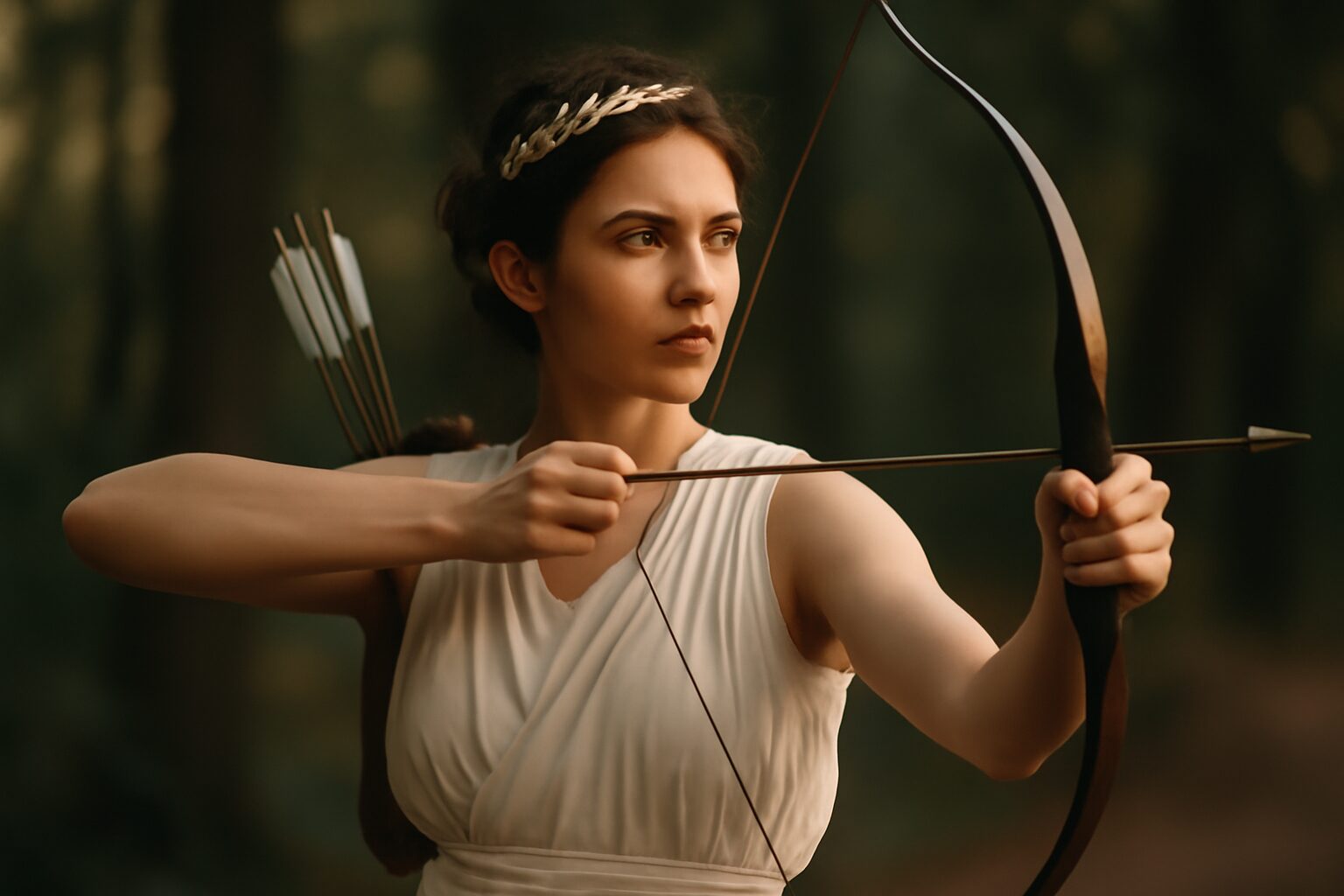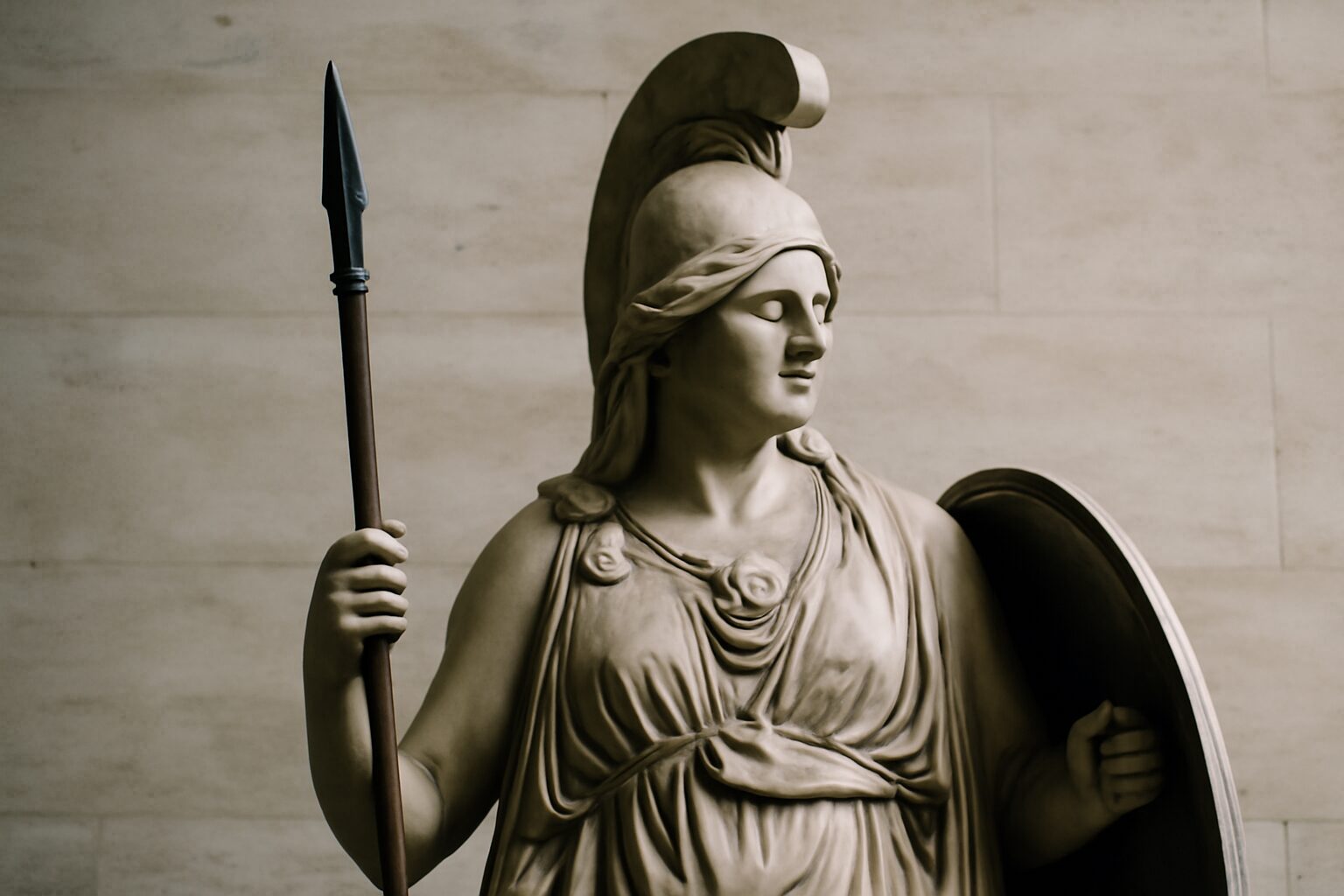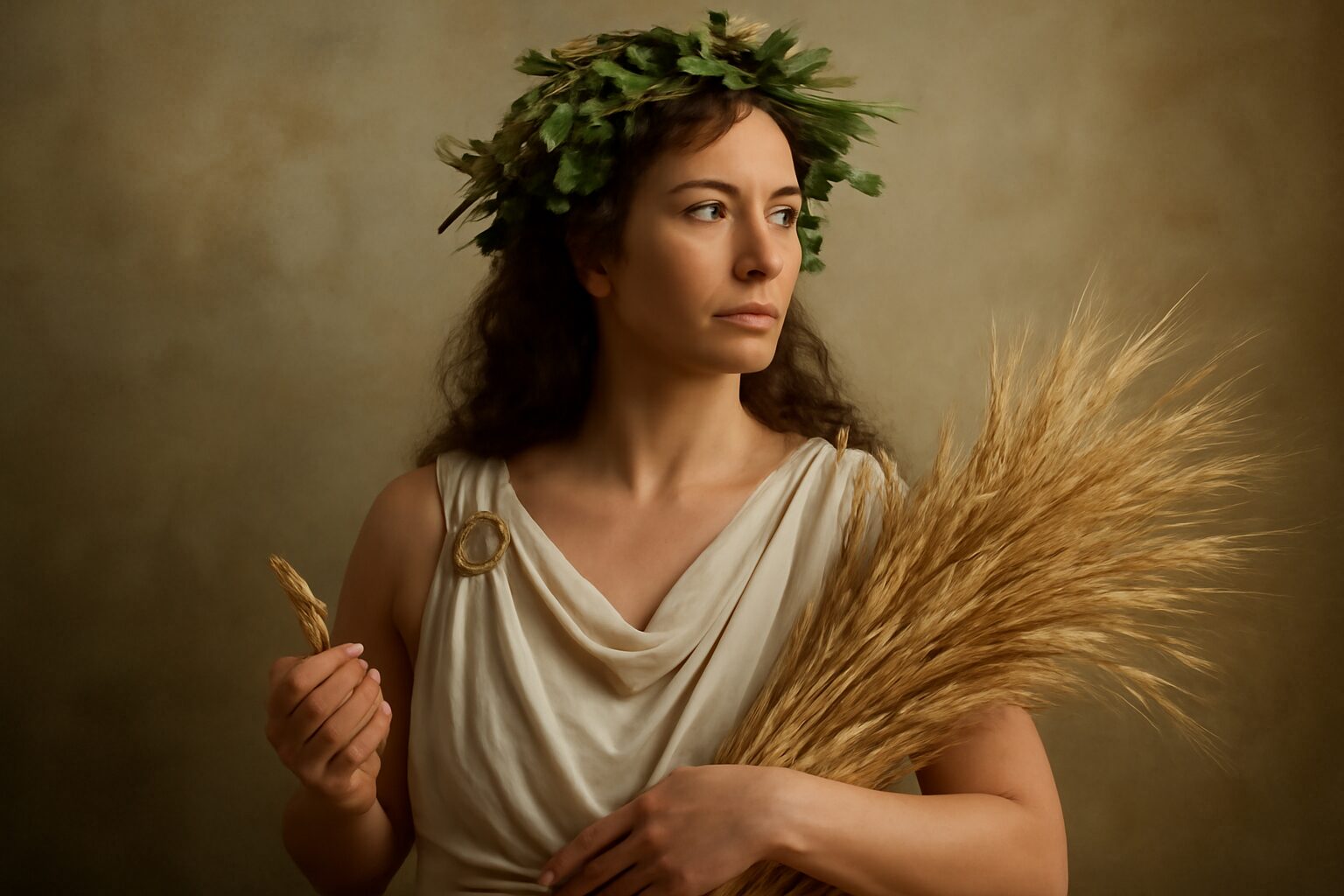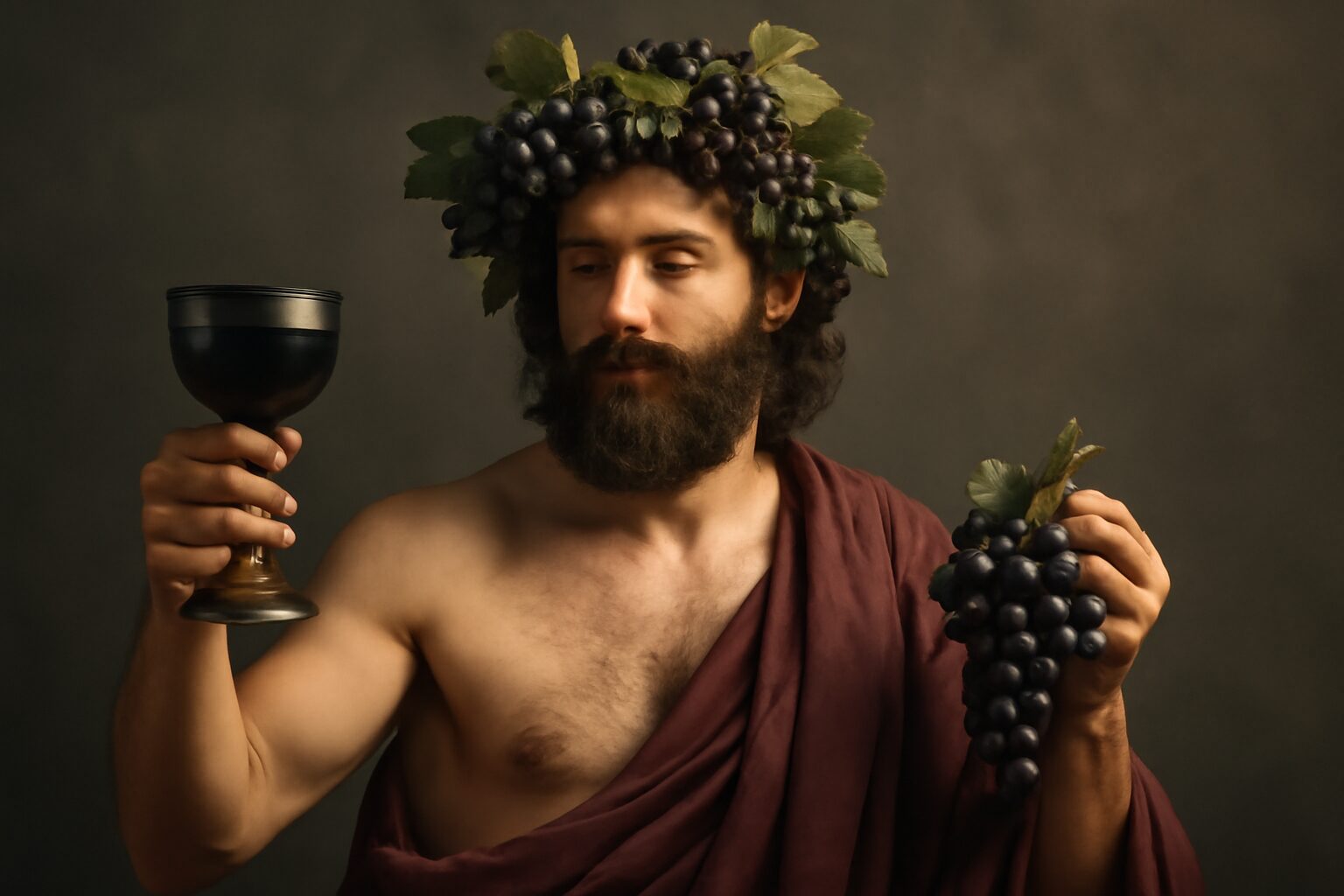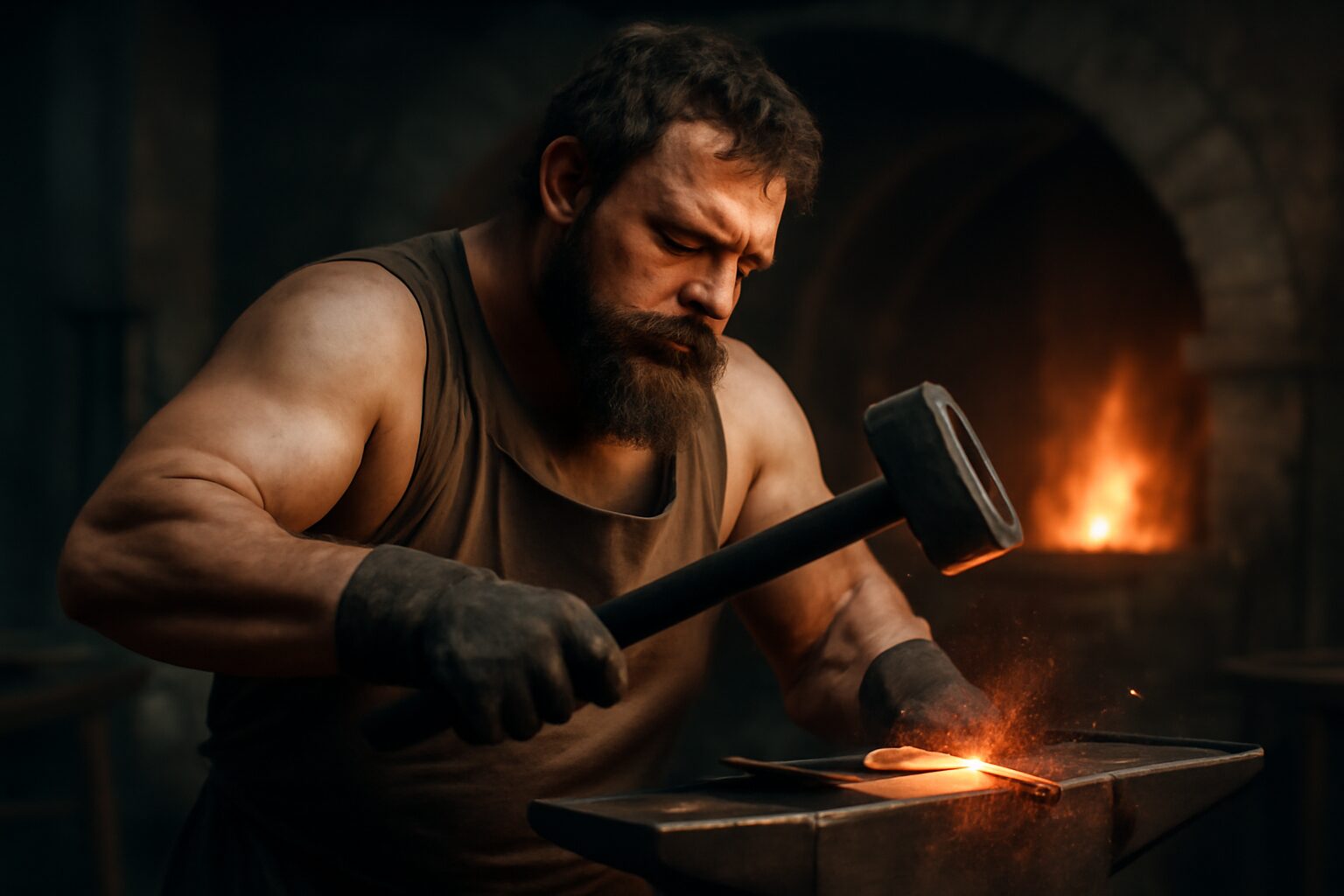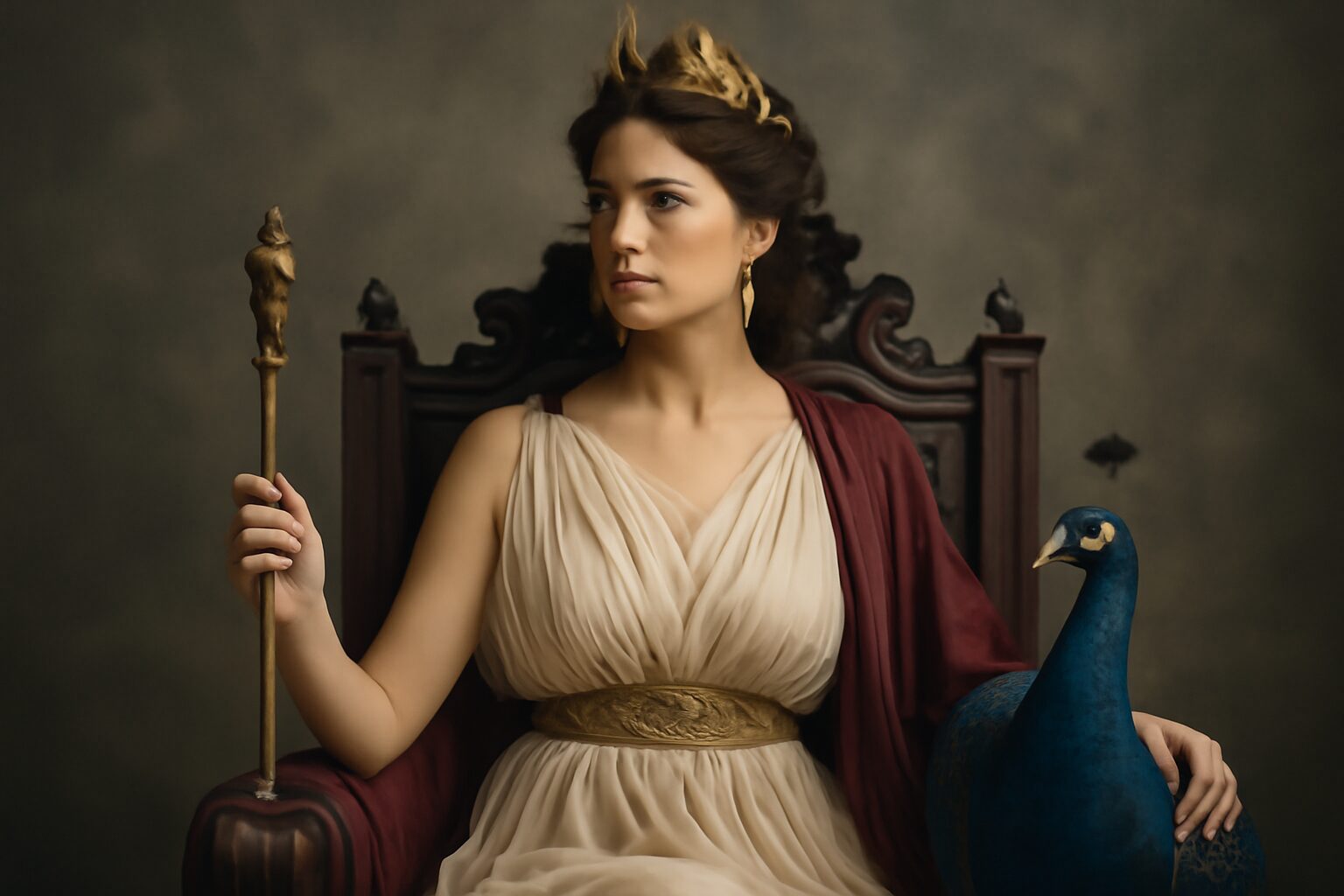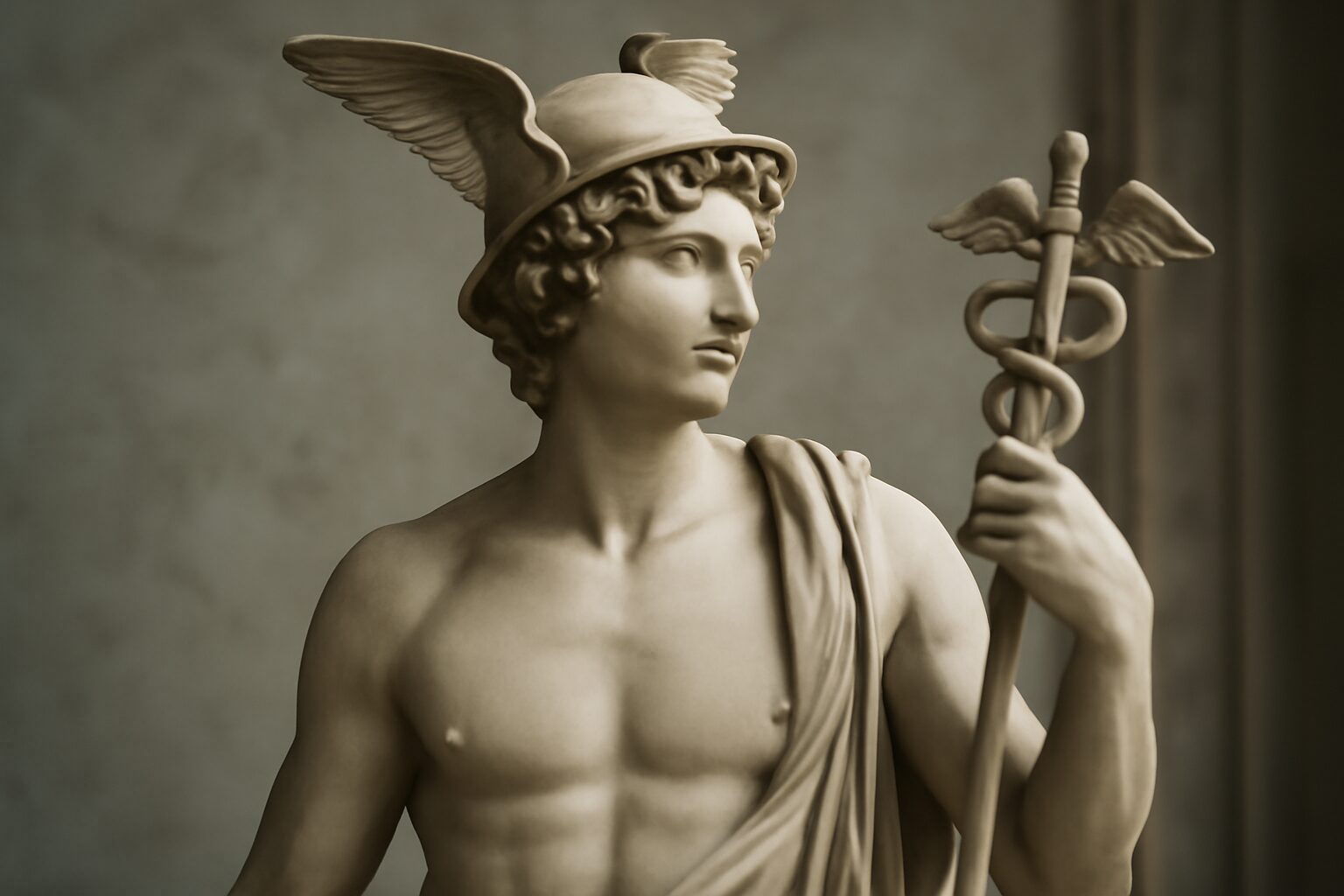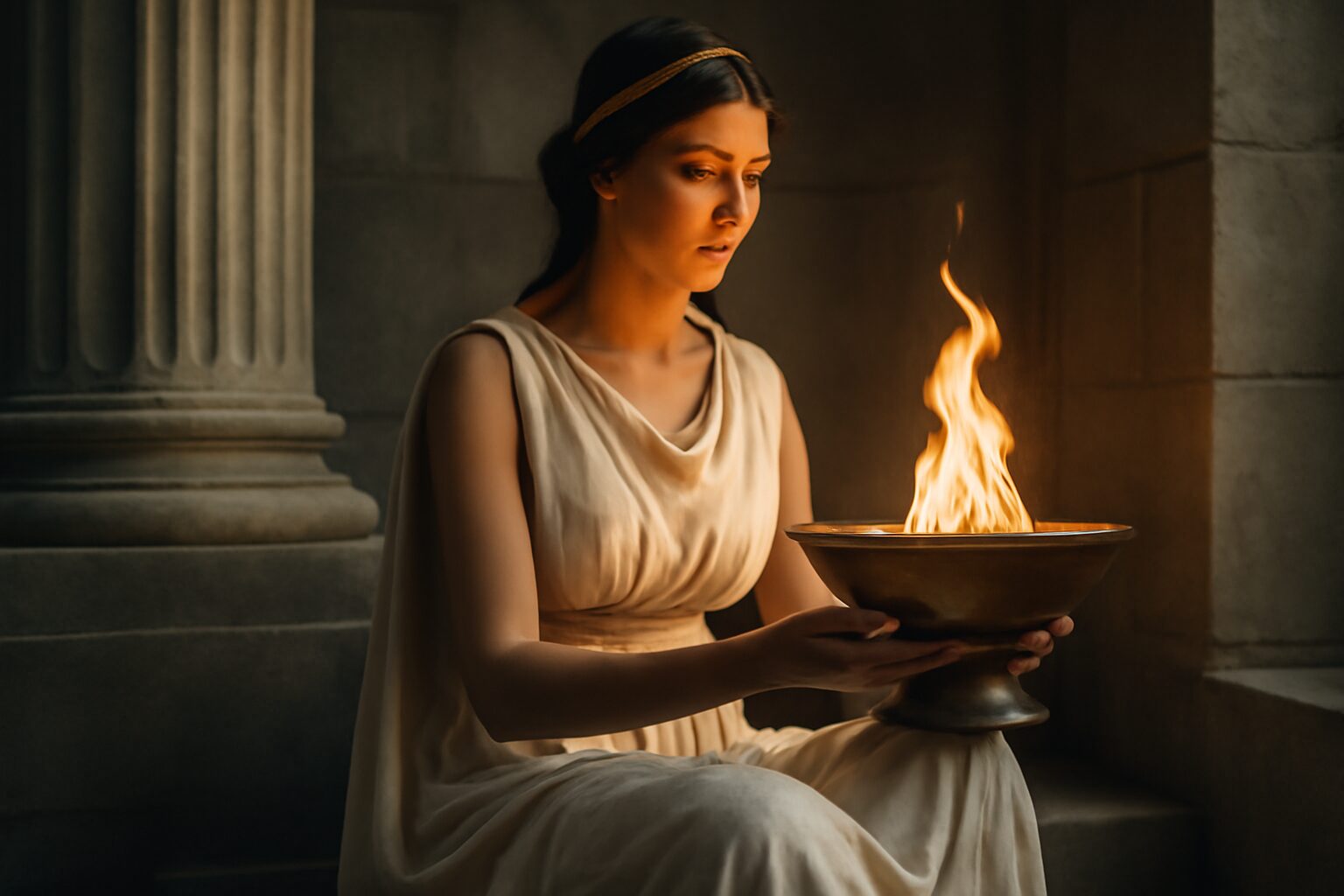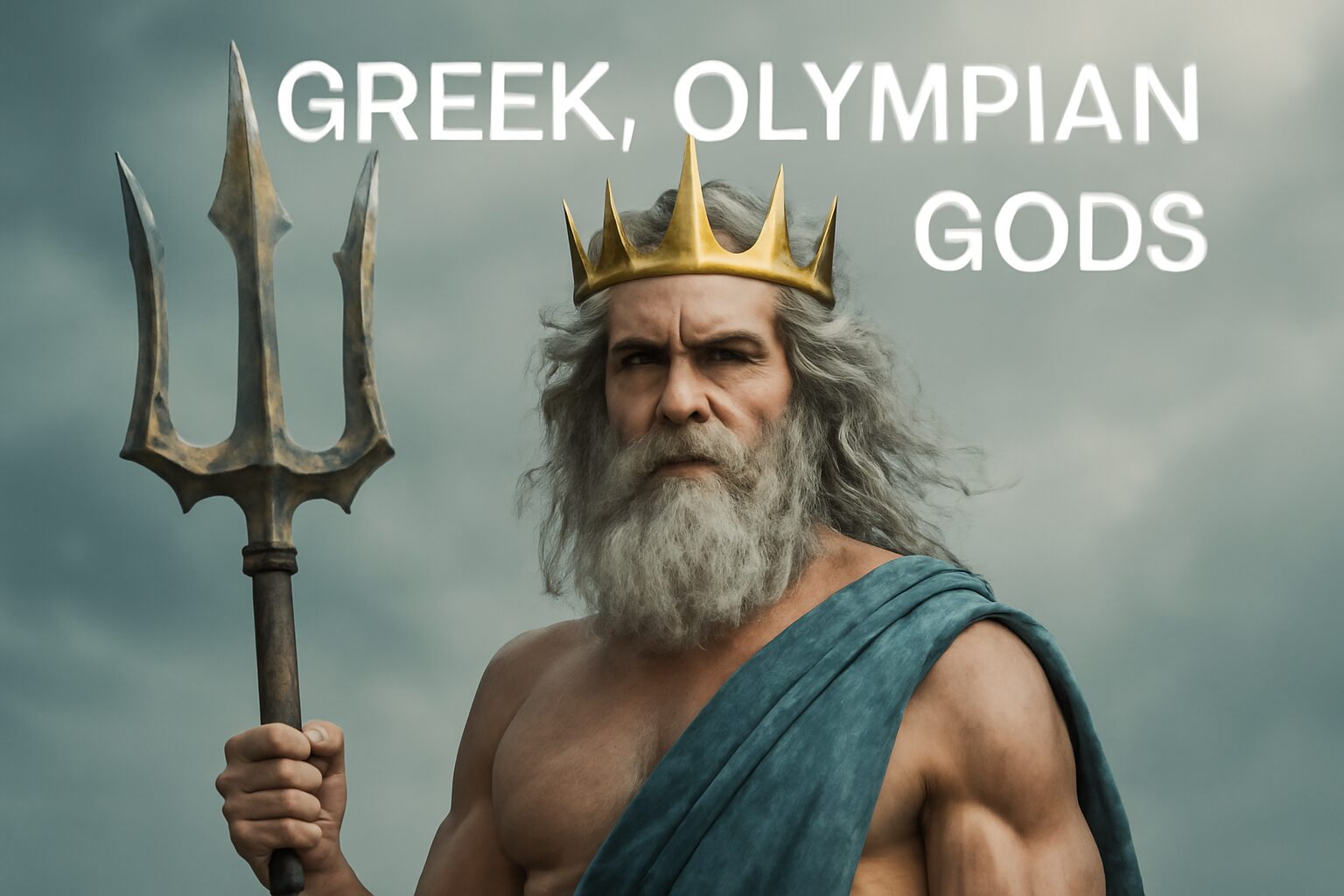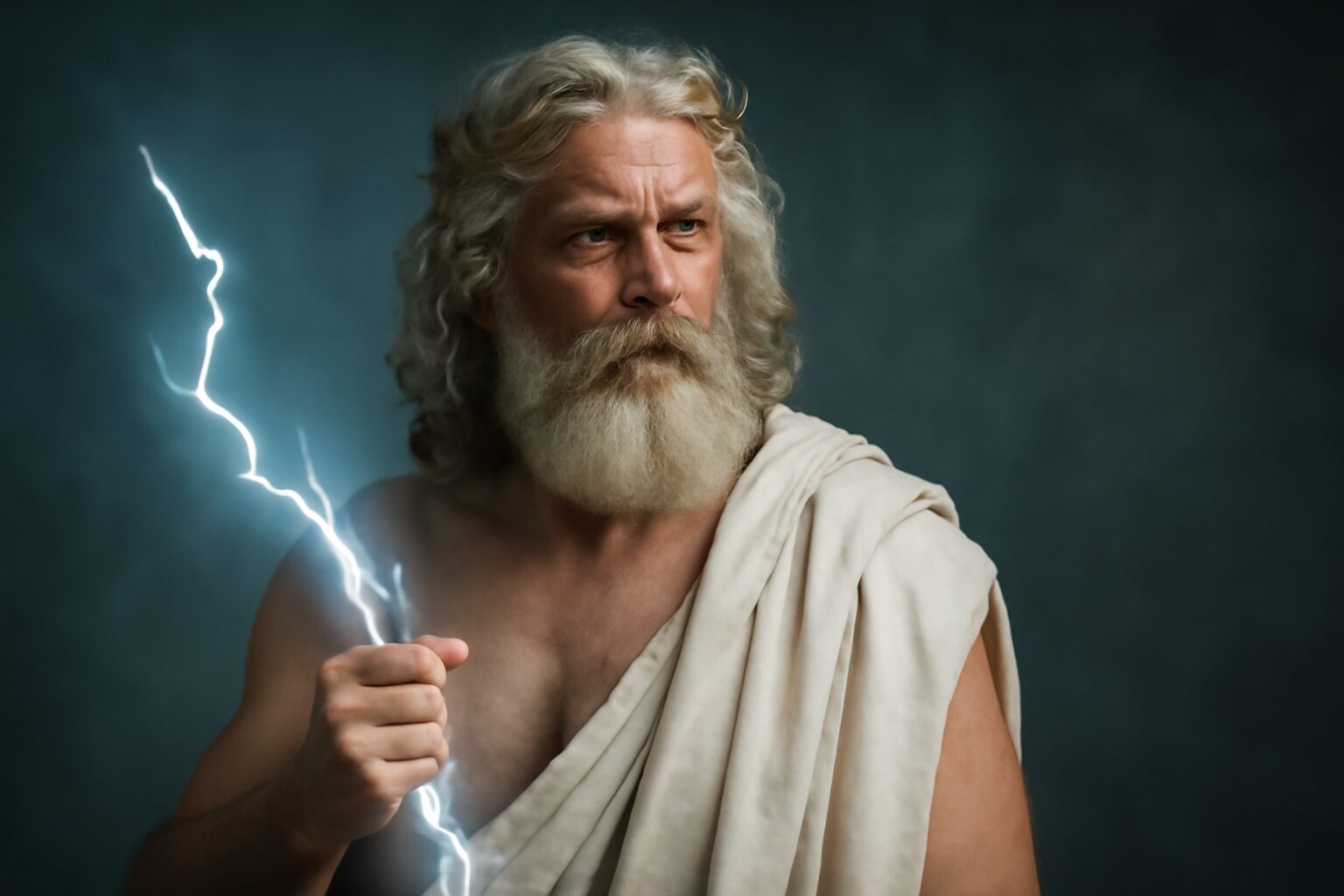Olympian Gods

Some Olympian Gods
The Olympian Gods: Rulers of Ancient Greek Mythology
The Olympian Gods were the principal deities of the Greek pantheon, residing atop Mount Olympus. They governed various aspects of the world and human experience, from love and war to wisdom and the harvest.
Zeus: King of the Gods
Zeus, the supreme ruler, wielded thunderbolts and maintained order among gods and mortals. As father of many Olympians, his influence connected directly to numerous deities, including Athena, who sprang fully armed from his forehead, and Apollo, his son who brought light and prophecy to the world.
Divine Relationships and Domains
The Olympians often interacted in complex ways. Hera, Zeus's wife and queen, presided over marriage yet frequently clashed with her husband's many lovers and offspring. Meanwhile, Ares embodied the brutal aspects of war, contrasting with Athena's strategic warfare approach.
Gods of Nature and Civilization
Demeter controlled the harvest and seasons, her grief causing winter when her daughter Persephone descended to the underworld. Poseidon ruled the seas and earthquakes, often competing with Athena for patronage of cities, most notably Athens.
Artistic and Craft Deities
Apollo oversaw music, poetry, and healing, while his twin Artemis protected wild animals and childbirth. Hephaestus, the master blacksmith, created magnificent works for the gods despite being cast out of Olympus by Hera at birth.
Gods of Love and Celebration
Aphrodite, born from sea foam, governed love and beauty, often causing discord among gods and mortals alike. Dionysus, the youngest Olympian, brought ecstatic celebration through wine and theater, eventually earning his place on Olympus.
Messengers and Hearth Keepers
Hermes, the swift messenger, facilitated communication between realms while guiding souls to the underworld. Hestia, goddess of the hearth, represented domestic stability and was honored in every home, though she eventually yielded her Olympian seat to Dionysus.
Frequently Asked Questions
Who are the Olympian Gods?
The Olympian Gods are the principal deities in Greek mythology who lived on Mount Olympus. They include Zeus, Hera, Poseidon, Demeter, Athena, Apollo, Artemis, Ares, Aphrodite, Hephaestus, Hermes, and either Hestia or Dionysus.
Why is Zeus the king of the gods?
Zeus is the king of the gods because he led the Olympians to victory in the Titanomachy, the great war against the Titans. As the god of the sky and thunder, he wields the most power among the gods and is considered their ruler.
What can we learn from Greek mythology today?
Greek mythology teaches us about human nature, virtues, and flaws through its stories. The myths explore themes like love, jealousy, courage, and revenge, offering timeless lessons about morality, leadership, and the consequences of actions.
How did the Olympian Gods influence ancient Greek culture?
The Olympian Gods were central to ancient Greek religion, daily life, and culture. They were worshiped in temples, celebrated in festivals, and invoked in prayers. Their stories explained natural phenomena, guided moral behavior, and inspired art, literature, and philosophy.
Are the Olympian Gods still relevant today?
Yes, the Olympian Gods remain culturally significant today. Their stories continue to inspire books, movies, and art. Many modern words, concepts, and symbols derive from Greek mythology, and their archetypes still influence psychology, literature, and popular culture.

